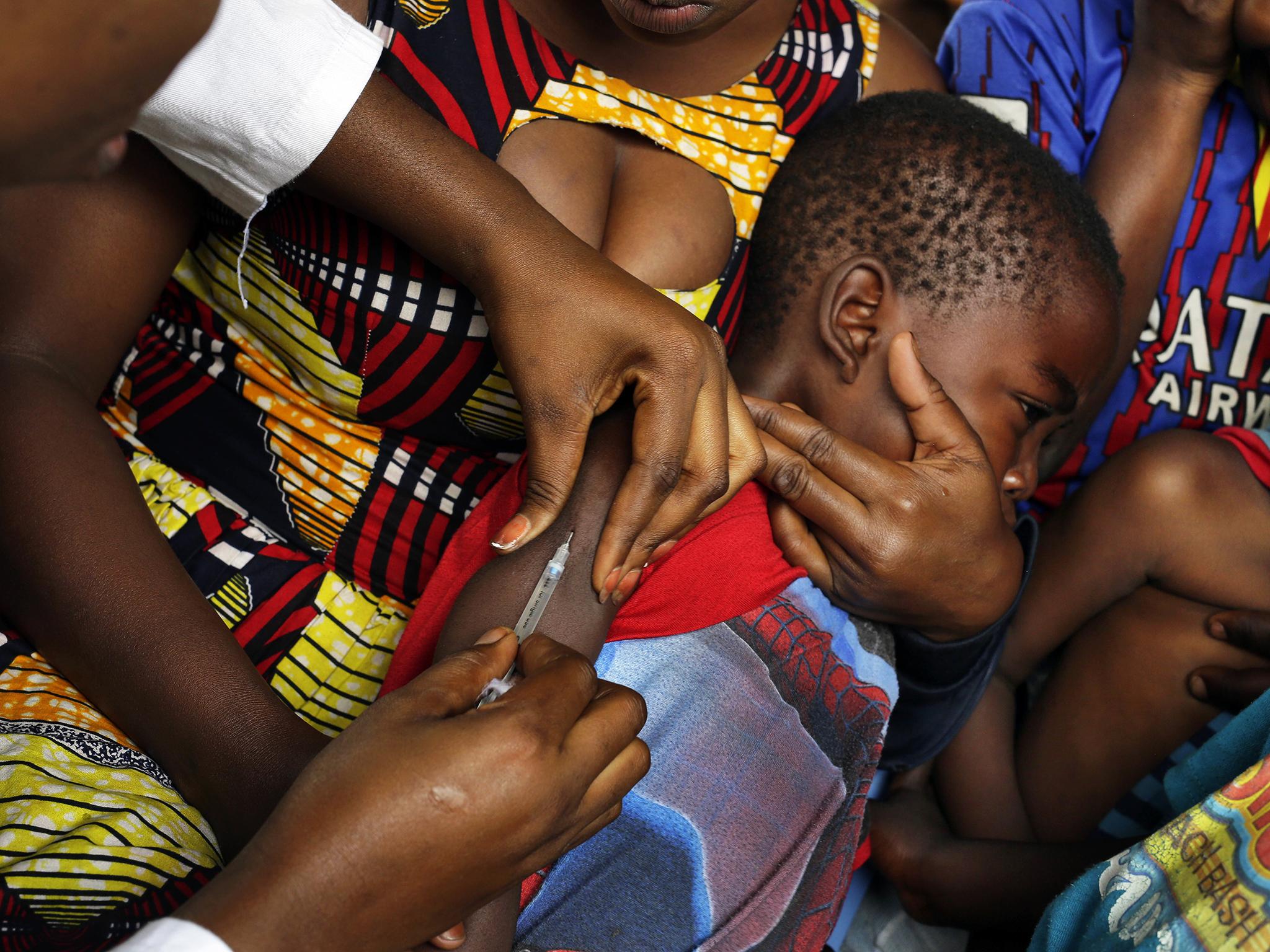WHO to hold emergency committee meeting on yellow fever outbreak
Experts could declare the deadly outbreak an international health emergency

The World Health Organisation (WHO) will meet before the end of the month to decide if the outbreak of yellow fever in Central Africa constitutes an international health emergency.
Around 400 people have died this year from the virus, which can cause bleeding from the ears, eyes and nose, jaundice and organ failure in the most severe cases.
WHO is coordinating mass vaccination programmes across Angola and the Democratic Republic of Congo (DRC), and has said the campaigns must succeed in order to prevent what it classifies as a Public Health Emergency of International Concern (PHEIC).
If one is to be declared, the WHO emergency committee is where it will be done - as was the case in the first such meeting following the emergence of the devastating Ebola outbreak in August 2014.
But with no new cases reported in Angola 23 June and, according to the latest WHO situation report, just 16 deaths to date in DRC, such as declaration seems unlikely.
A spokesman for the WHO said the emergency committee meeting had been scheduled for 31 August.
Addressing a UN media briefing, Tarik Jasarevic said WHO Director-General Margaret Chan had asked the independent experts to meet and analyse the situation and response to the outbreak.
Save The Children has told The Independent the vaccination drives are going well in their early stages, but it has previously warned the virus is on the brink of spreading to Asia, the Americas and southern Europe, where there are populations of the Aedes mosquito species which carries the disease.
Cases have already been recorded in Uganda, Kenya and as far afield as China, where 11 instances were reported to the WHO among migrant workers returning from Angola.
The current WHO vaccination drive is designed to inoculate 14 million people across 8,000 locations as quickly as possible, in order to prevent yellow fever getting a foothold among the 10-million strong population of Kinshasa, the DRC capital.
Subscribe to Independent Premium to bookmark this article
Want to bookmark your favourite articles and stories to read or reference later? Start your Independent Premium subscription today.

Join our commenting forum
Join thought-provoking conversations, follow other Independent readers and see their replies